2021 was the best year yet for the Ottawa Food Bank’s Community Harvest Program.
With over 167,000 pounds of fruit and vegetables produced for clients in need across the national capital region last year, Community Harvest Manager Jason Gray says the program was able to reap a record-breaking crop through the generosity and dedication of its volunteers.
According to Gray, high-quality fruits and vegetables like potatoes, tomatoes, carrots, and onions are grown for clients of the food bank on approximately seven acres of donated farmland with the help of hundreds of volunteers — ranging from individuals to corporate teams, and students to community organizations — who provide more than 5,000 hours of manual labour to the Community Harvest Program every season.
READ MORE: Celebrating volunteers on the mission to end hunger in Canada
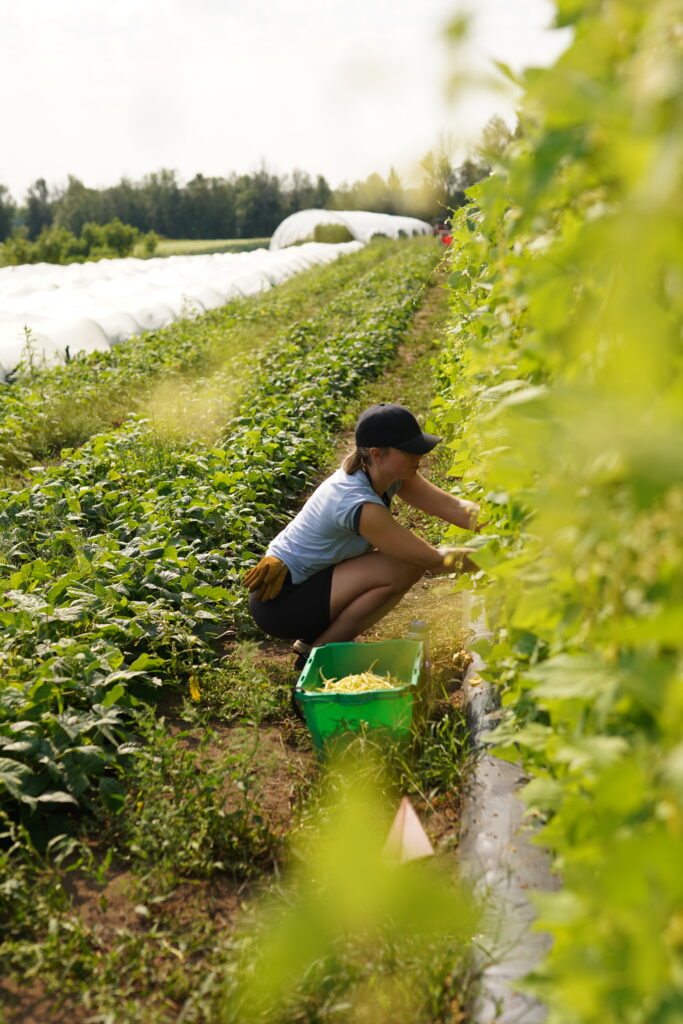
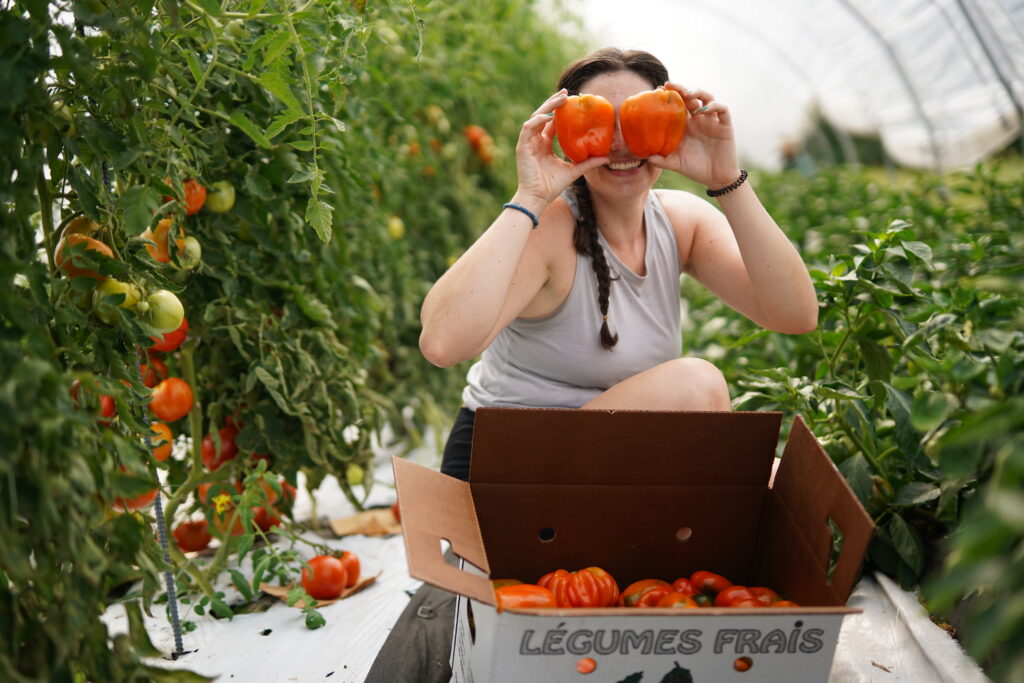
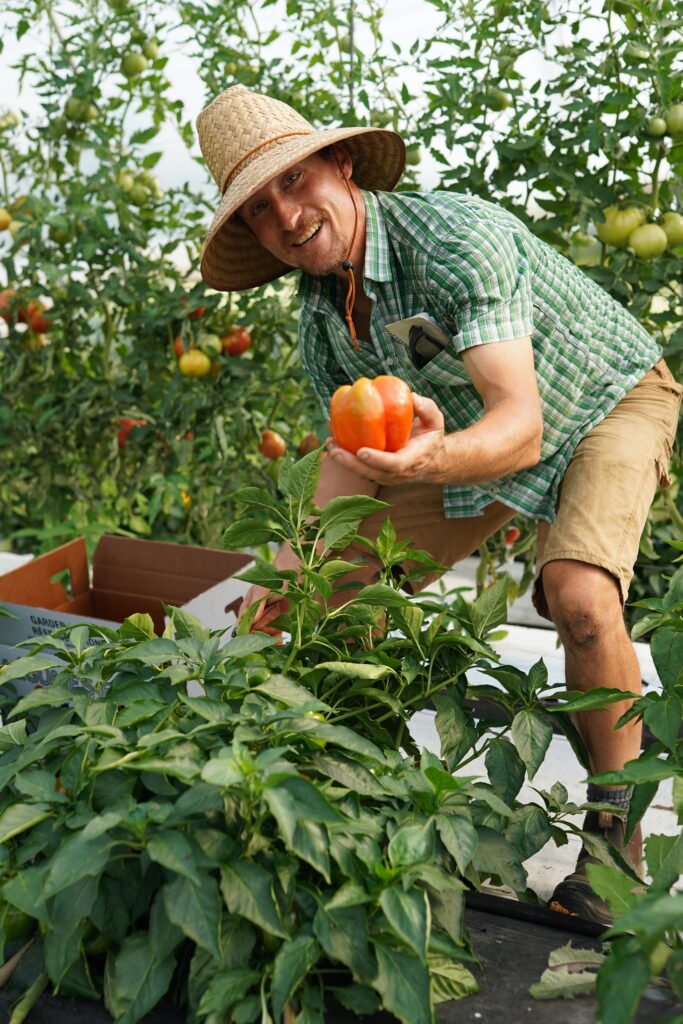
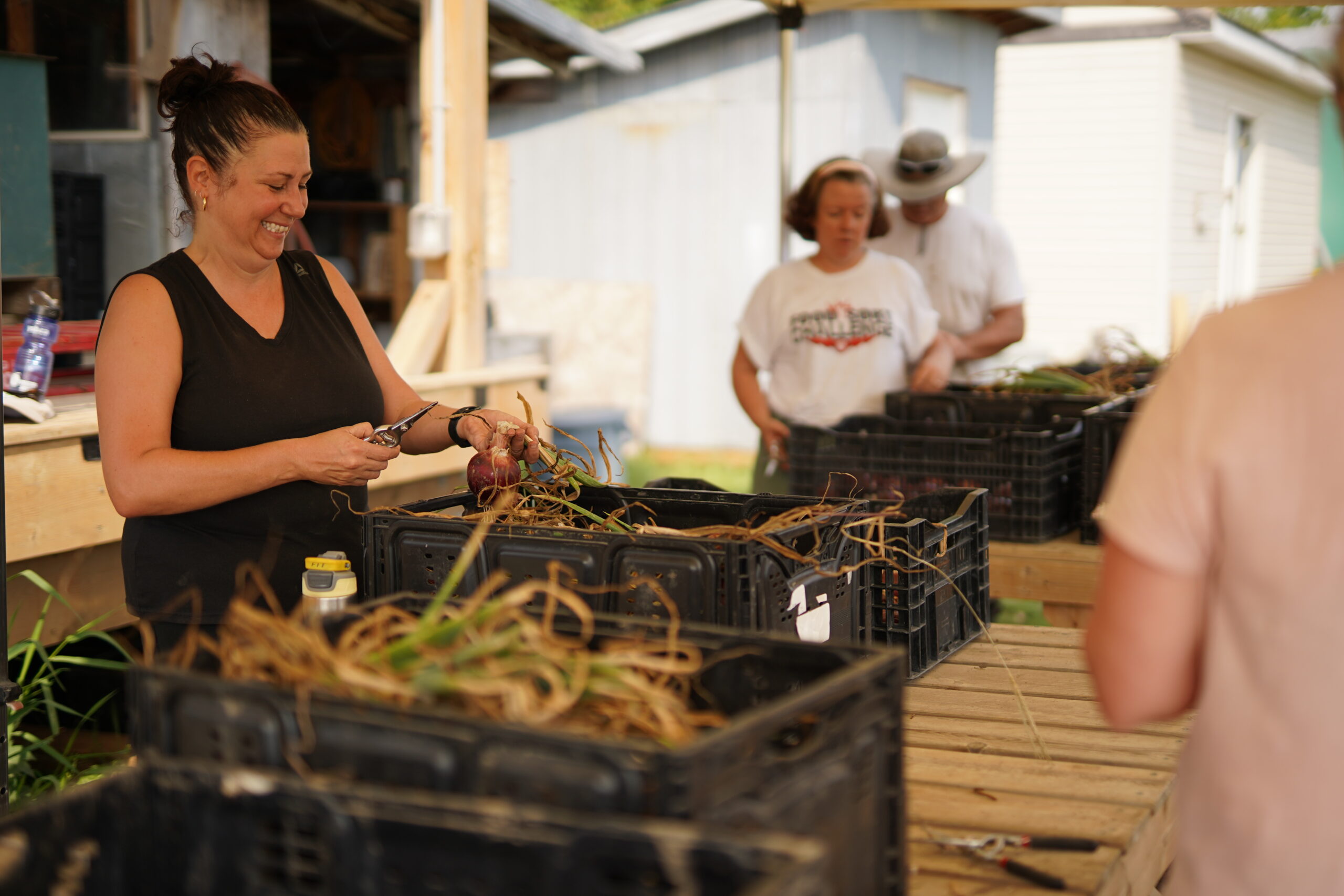
Gray says his team of dedicated staff and volunteers have even more in store for their clients in the year to come. As part of the Ottawa Food Bank’s efforts to address gaps in the distribution of ethnocultural foods, volunteers have been busy helping to introduce several new, nutritious crops to the site.
“A gap in ethnocultural food availability was identified early in the COVID epidemic,” Gray explains. “In response, the Ottawa Food Bank recently completed a one-year pilot, called the Global Marketplace, with a focus on gaining a better understanding of ethnocultural food preferences of immigrants and other people accessing community food banks in Ottawa; and identifying foods that could be incorporated into the Ottawa Food Bank inventory to diversify what is available.”
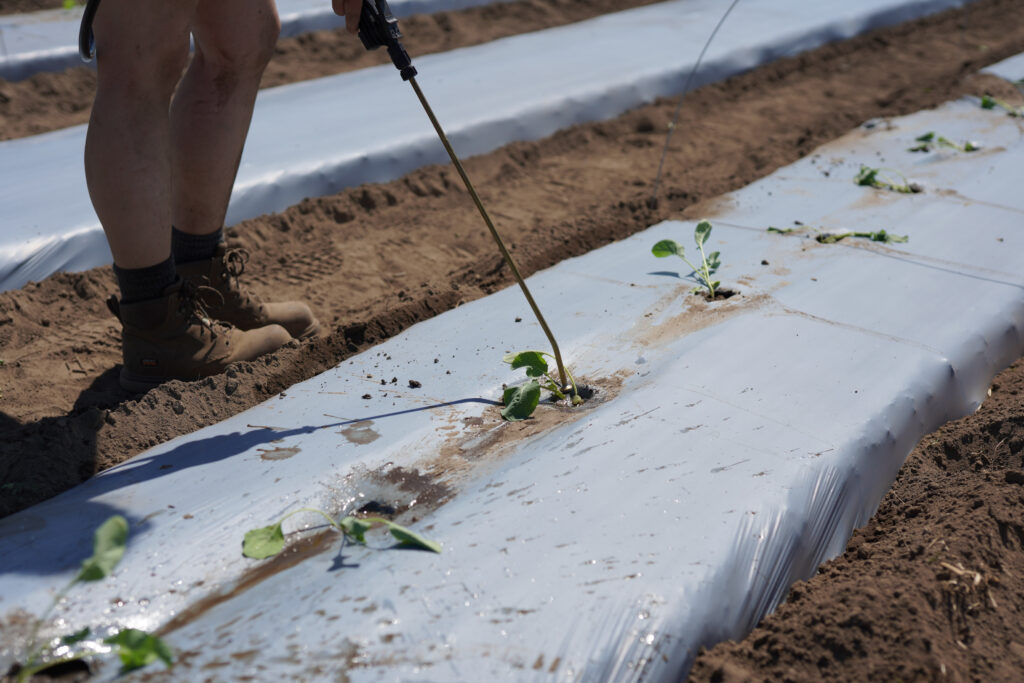
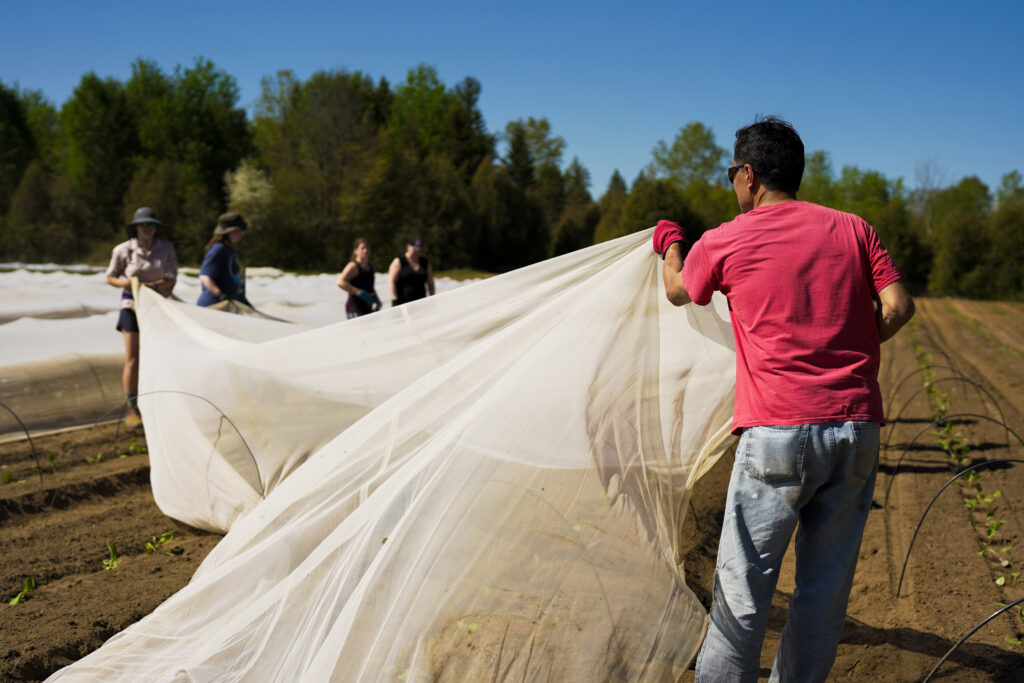
IMPROVING ACCESS TO ETHNOCULTURAL VEGETABLES
In the feedback that the Ottawa Food Bank received from the Global Marketplace pilot, ethnocultural vegetables were identified as a highly desirable choice for their member agencies and clients, including okra.
Based on this information, Gray spent the winter researching okra – an edible green seed pod that proliferates in tropical and subtropical climates – and identifying the specific growing needs of the plants in the Canadian capital.
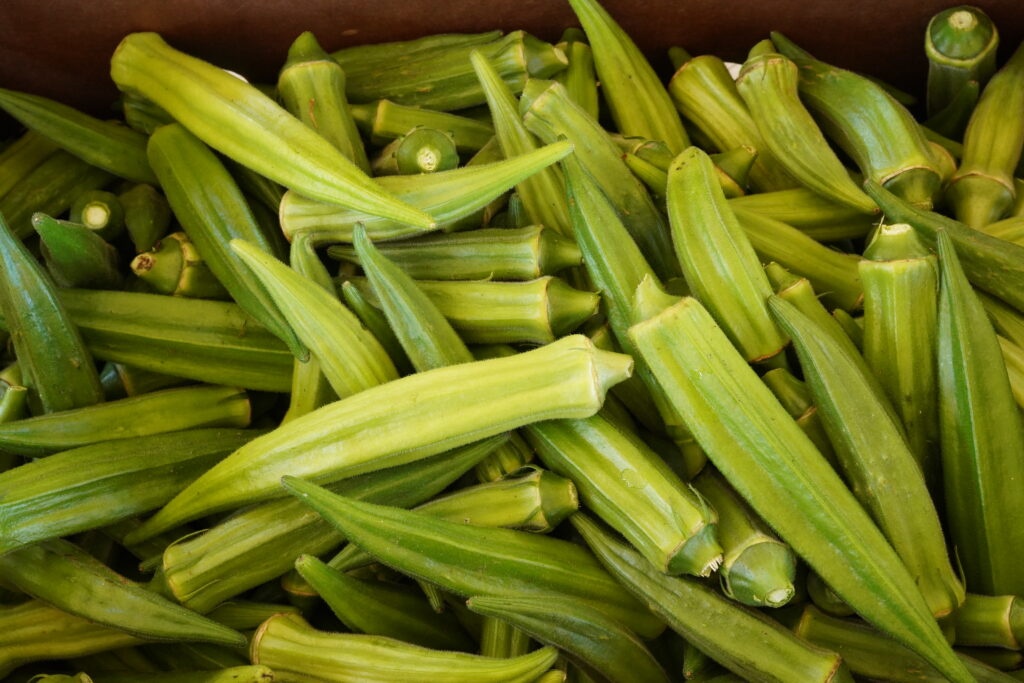
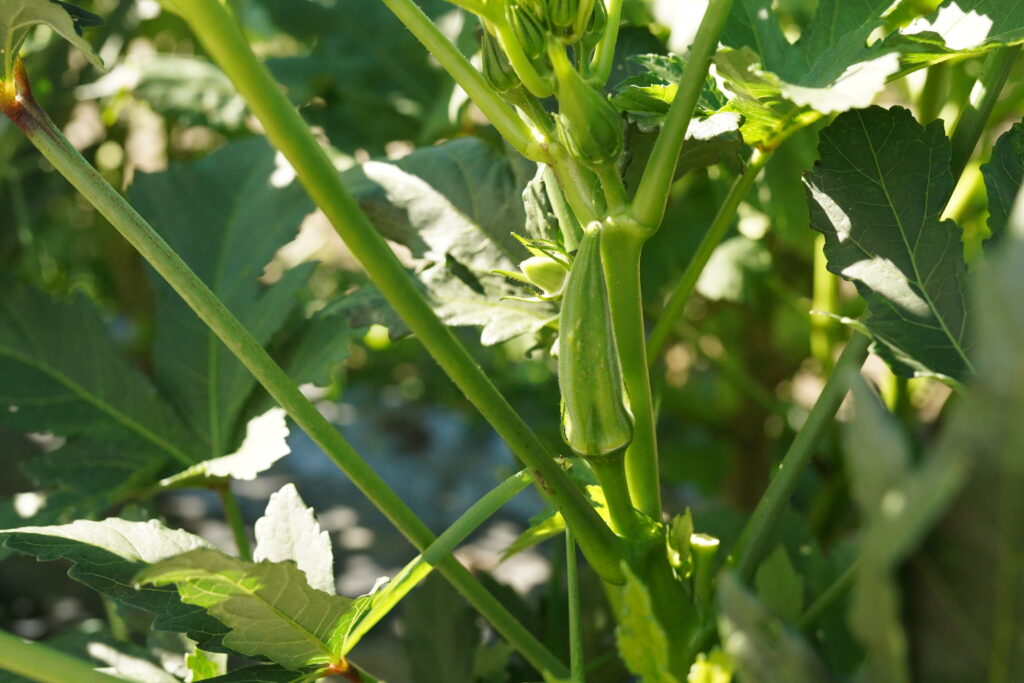
Confident that the Community Harvest Farm would be able to successfully grow okra in the Ottawa climate, staff and volunteers began planting the new crop this season, along with a few other crops identified in the Global Marketplace pilot, such as garlic and eggplant.
“The consumption of vegetables is desirable as a health-promoting strategy,” explains Jill Burns, Registered Dietitian of the Ottawa Food Bank. “Therefore, providing familiar vegetables may support health, especially with the high cost of ethnocultural vegetables that may be out of reach for food-insecure immigrant populations. Food is an important component of culture and identity, and familiar traditional foods can provide comfort and cultural continuity.”

